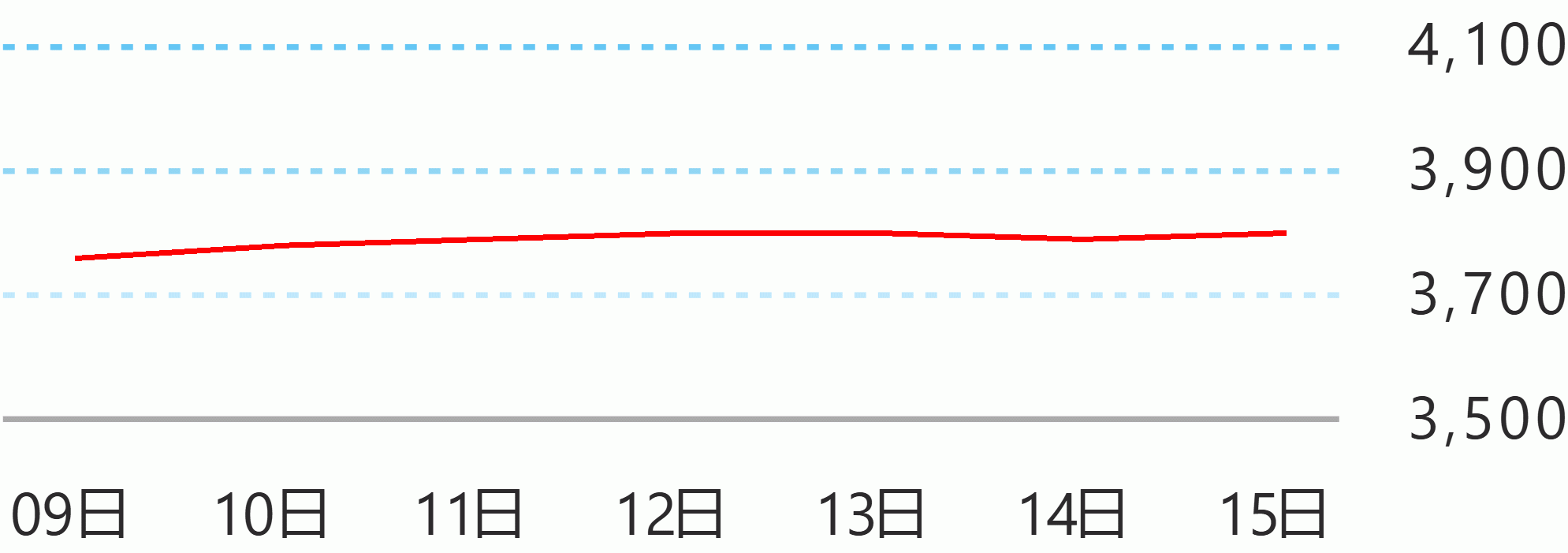A senior government official admitted on Friday there could be unscrupulous policemen using "tokhang," an anti-drug campaign of the government to pursue their illegal activities like a Korean businessman who was a kidnap for ransom victim.
In an interview, Chief Presidential Legal Counsel Salvador Panelo, said these policemen would surely pay for their illegal activities.
"The probability of people using a particular project of the government is always there," Panelo said.
"There will be of course people using the drug operation for their own advantage. But they will eventually pay. Because in other field, people use the same project for their own selfish advantage," Panelo said.
A group of policemen who were allegedly behind the killing of businessman Jee Ick-joo reportedly used President Rodrigo Duterte's war on drugs as a cover in kidnapping the Korean executive in Pampanga in October.
There are allegedly 11 more "tokhang for ransom" cases that took place victimizing Chinese by policemen.
Panelo said these reported cases of "tokhang for ransom" were "very small" percentage in relation to the the number of policemen.
He said what is important is Duterte would not tolerate any abuse.
"The assurance will always be the government will be strict in the enforcement of the law. That will be always the guarantee," he said.
With the government pushing to reimpose the death penalty, Panelo said scalawags could face capital punishment if the law is passed.
"So that those who will violate will know beforehand that they're going to risk themselves of either being killed, jailed or die in an electric chair or death penalty imposed by law," Panelo said.
Despite the reported absence of the body of the Korean national, whose ashes were reportedly flushed in a toilet bowl, Panelo expressed belief the case would still proceed.
"If the testimony says the body was burned, cremated, there is already a testimony that there is no body, that will substitute for the production of the corpus delicti," Panelo explained.
The Supreme Court has defined corpus delicti as the body, foundation, or substance of a crime. The prosecution is burdened to prove corpus delicti beyond reasonable doubt either by direct evidence or by circumstantial or presumptive evidence. Celerina Monte/DMS





 English
English










